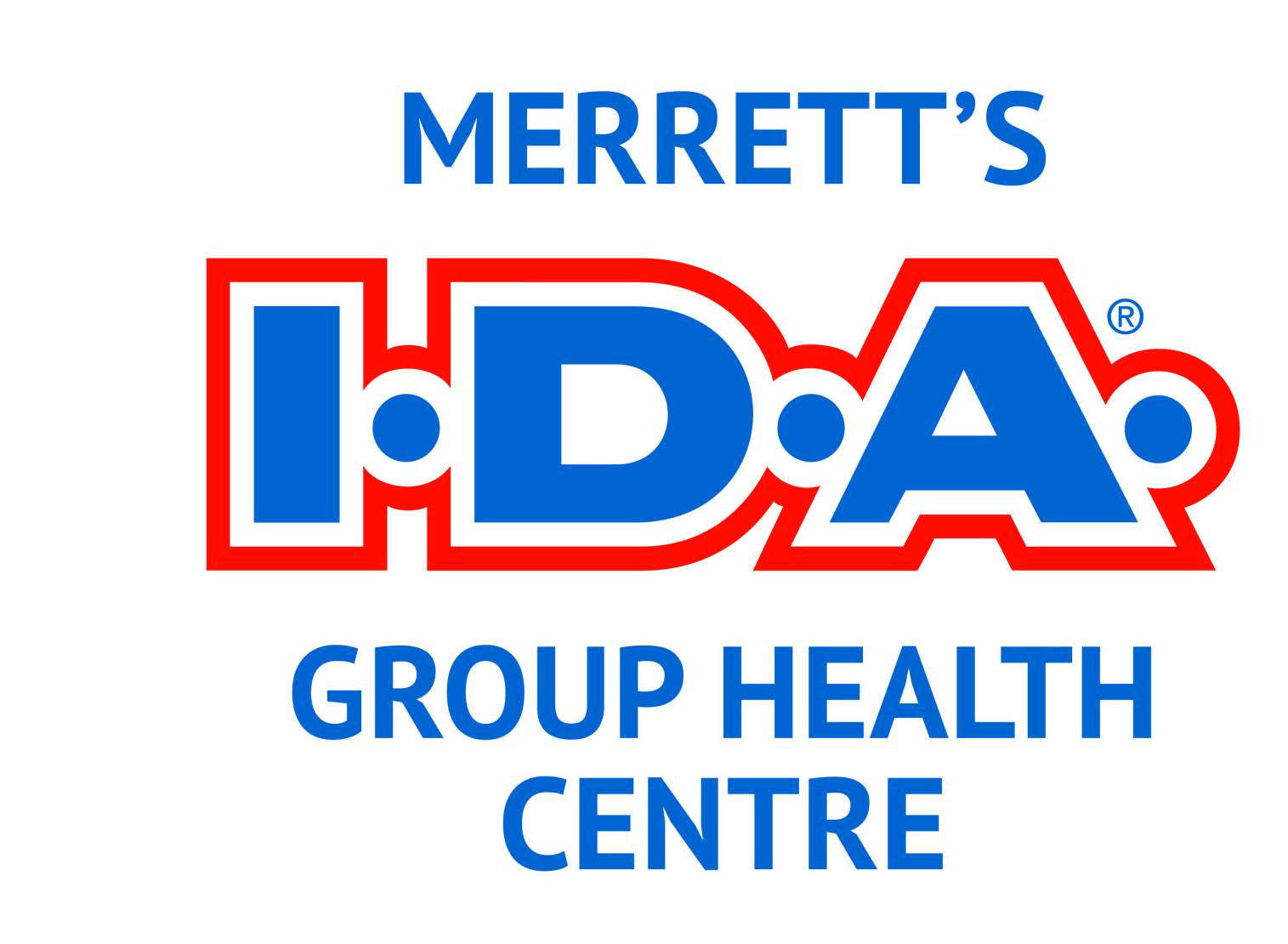Rheumatoid Arthritis & Medication
Arthritis Medications That Require Your Full Attention
Rheumatoid arthritis (RA) is a chronic condition in which the immune system attacks the joints. To relieve the symptoms of RA or slow its progress, your doctor will prescribe medication that requires certain precautions on your part.
The first-line medications used to slow the progress of the disease act on the inflammation itself. They are referred to as disease-modifying antirheumatic drugs (DMARDs).
